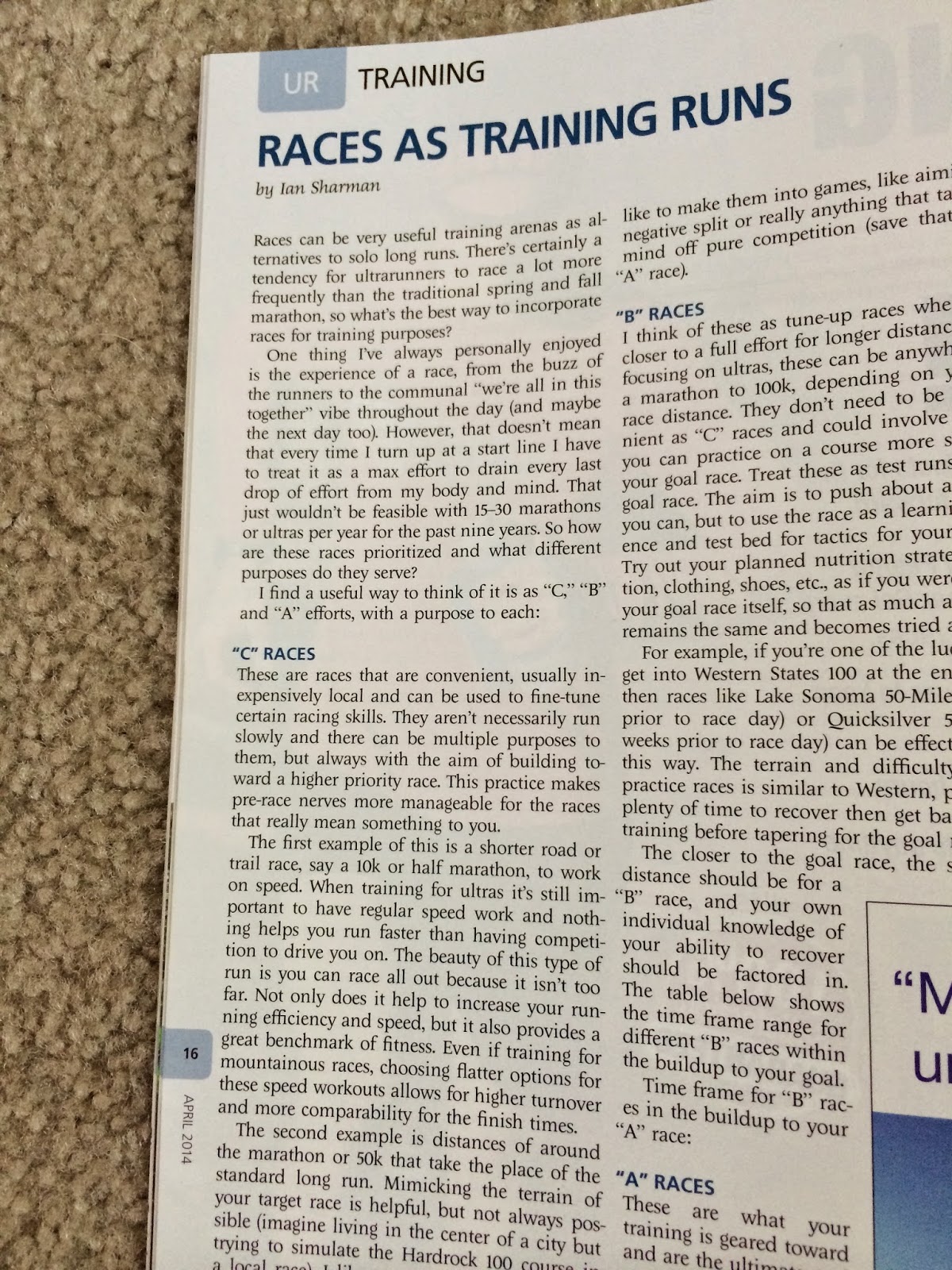 |
| Snow-shoeing up Mt Bachelor - that's what I call fun training! |
I haven't blogged for a while partly due to moving house and partly because a lot of other things related to coaching and Skyrunning have been keeping me on my toes. So here's a quick catch-up.
The year started off well and I'm fully past the foot fracture from last year, so that was my main concern through Rocky Raccoon 100 in Jan and the following months. I then switched to getting in plenty of fun, hilly runs in California and Mt Diablo before moving back to Bend, Oregon, in April.
Lake Sonoma 50 was a disappointment for me since it's about the most competitive 50-miler of the year in the US (I'd argue it's harder to win than TNFEC50 in San Francisco since a lot of runners are worn down at the end of the season and don't race near their abilities). It was a few days before I moved to Oregon and I just felt tired and 'out of it' but a lot of other runs in the build up had felt amazing. So I dropped at halfway since 50 grinding, slow miles wouldn't have done me any favors for the rest of the season. The very first climb felt odd with a complete lack of energy, which wasn't a good sign, but it didn't improve. It was still a very fun trip to Sonoma and I really want to come back next year to give it my best effort.
That fatigue followed me through the next couple of weeks and moving was annoyingly stressful, but well worth it now we're all set up in the new house and feel truly at home. After a week of being in Bend I ran the inaugural Bend Half, a hilly road race at which I expected to have a lot of local speedsters to race. Despite the fact I seemed to be stuck in 2nd gear I led a pack of four guys, two in the marathon and one other in the half with me. The marathoners forged ahead a little when I dropped off 6-min/mile pace but it came down to a sprint finish in the half (the races split at mile 10.5), which I narrowly won by two seconds in 1h19m31s. That was a surprise, but not nearly quick enough to go for a marathon PR two weeks later at the Eugene Marathon (the target was to break 2h30m).
Then Eugene was a fun, hard day out and felt much more encouraging. I knew I wouldn't break 2h30m, but I hoped I could get fairly close. The early miles went about to plan and I felt much better than at Sonoma or the Bend Half. I went through 13.1 in 1h18m flat then hung on for the second half to avoid slowing too much (still didn't quite feel at 100%) to run 2h38m39s.
The last few months have really been focused on preparing for Western States and it's just over five weeks til race day. The races mentioned above had an upward trend and things feel on track now to hammer some vertical and turn up to the Big Dance ready and raring to go. I feel back to normal and the speed work on flat terrain should help with cruising at much slower speeds on the trail to Auburn. Getting into the mountains is helping too, plus it's very motivating (see the photo above).
It's always tough to accept some sub-par results, but WS100 is the main event for me and I can't wait to get there. Speaking of which, in two days I'm heading to the Memorial Day Weekend training weekend that covers 70 miles of the race course. That should get the blood pumping!
#seeyouinsquaw


















